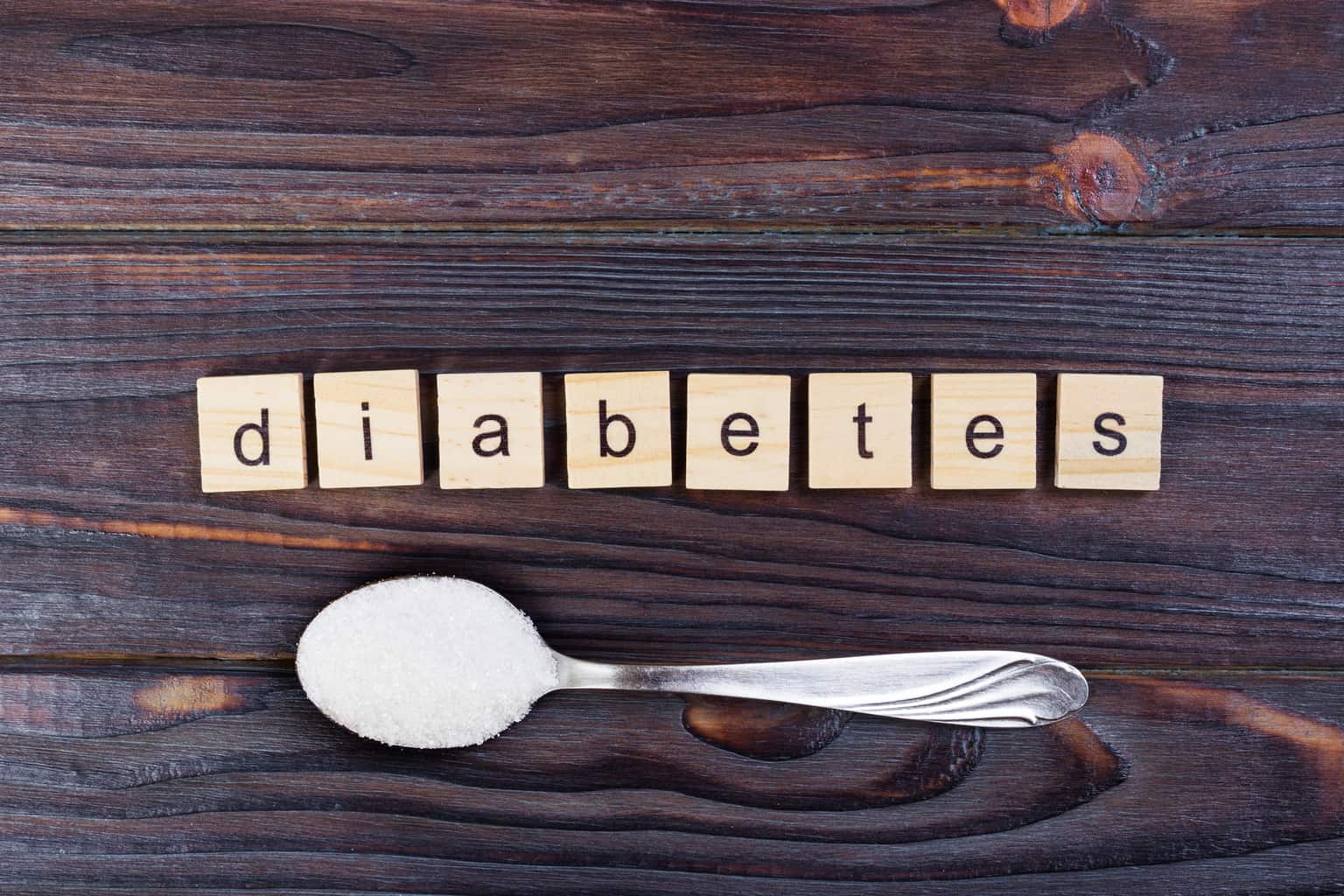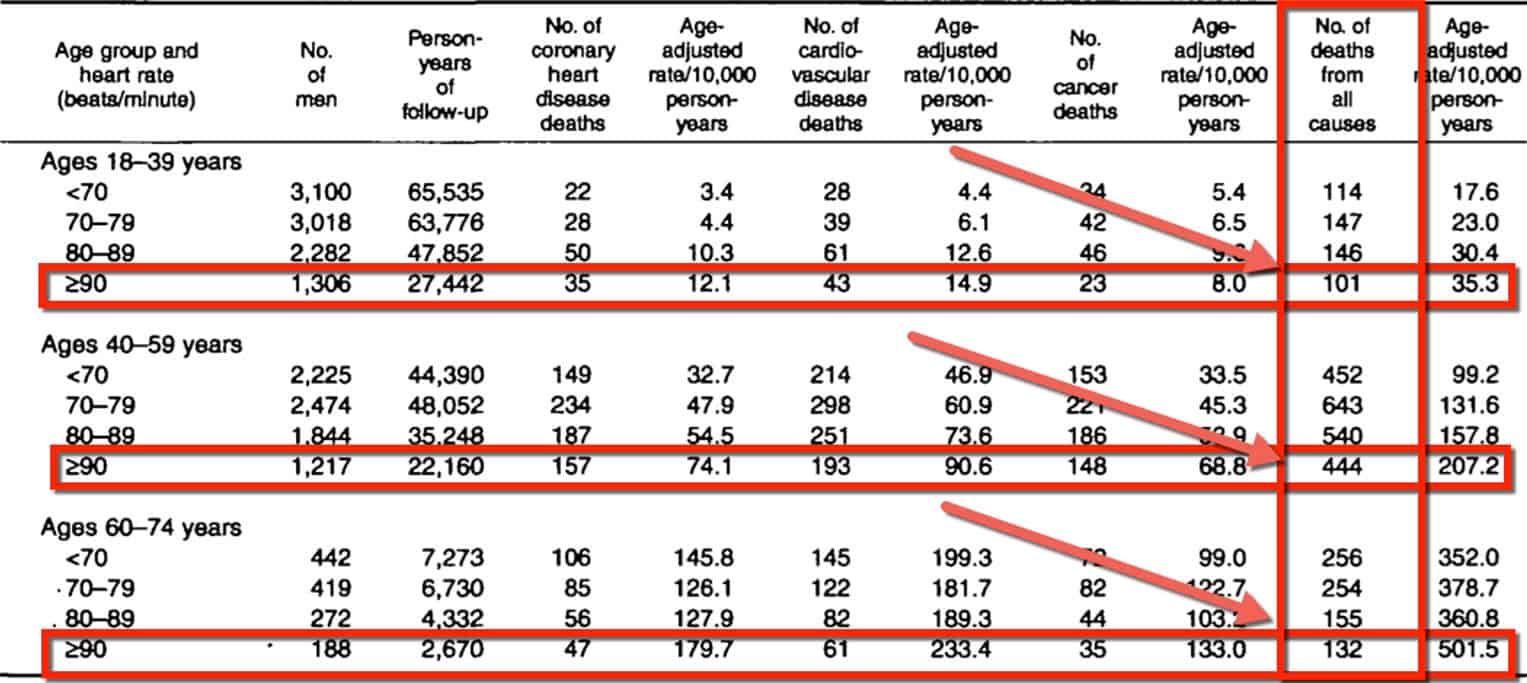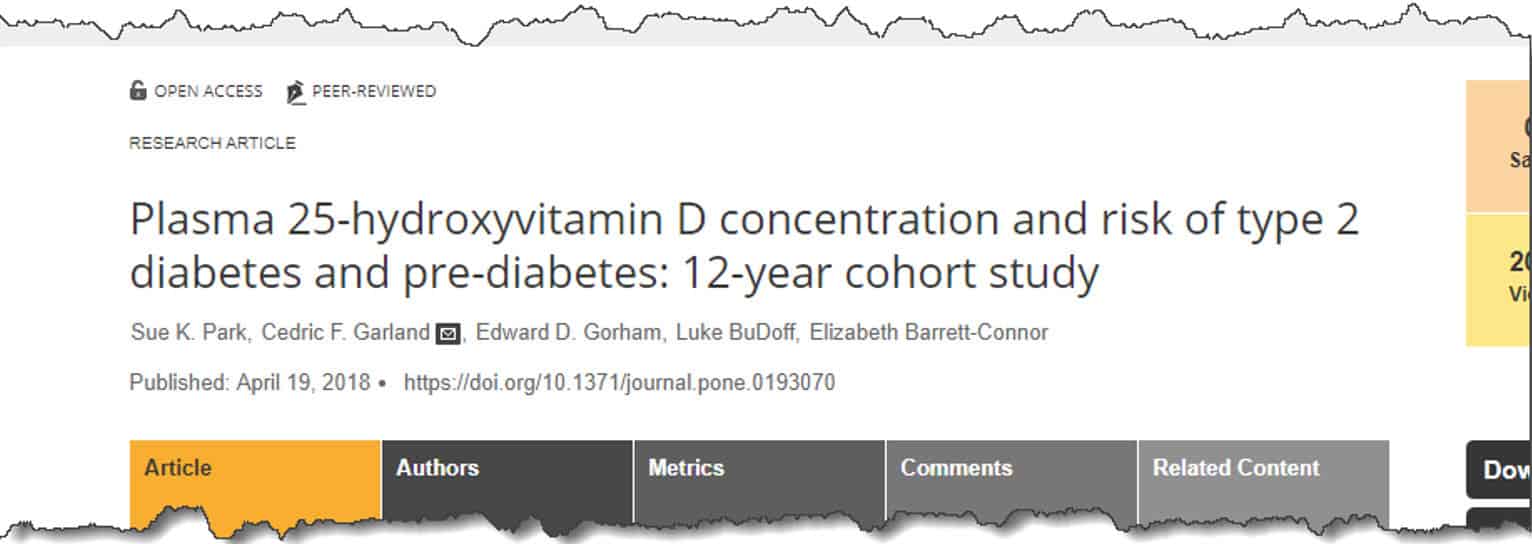
[cmamad id=”17205″ align=”center” tabid=”display-desktop” mobid=”display-desktop” stg=””]
Men deficient in this vitamin are 5 times more likely to develop diabetes – make sure it’s not you…
—–Important Message—–
To live longer and healthier, make your heart beat faster…
As we age, our heart rate often falls.
But you’ll notice (below) that people with a heart rate over 90 bpm (beats per minute) in all three age brackets live longer.

These men have more sex and, yes, they can still do it at age 70, 80, even 90!
That’s why I want to be among these “high heart rate” men.
So I put together a complete system that reliably RAISES heart rate, RAISES metabolism, and IMPROVES erections…
…and it also fixes other problems such as prostate inflammation, high blood pressure, and much more.
Here are the results you can expect, how long it takes, and what you need to know to try it NOW
———–
Deficiency of this vitamin almost always leads to diabetes
Most doctors will tell you that diabetes is related to the amount of sugar in your diet…
…but I don’t think it’s that simple.
In fact, I think the causes of diabetes are mostly hidden…
And they’re something that most docs don’t know about or won’t tell you about.
Here’s one of the causes that you probably won’t hear anything about from your doc – Vitamin D deficiency.

Vitamin D deficiency is linked to developing diabetes.
Diabetes is a vexing problem worldwide.
The rates keep going up and up and scientists aren’t sure why.
But maybe the fact that we spend so much time indoors is a big part of the problem.
That’s because vitamin D deficiency is directly linked to a huge increase in the risk for diabetes.
And we get vitamin D from being in the sunshine.
[cmamad id=”17206″ align=”center” tabid=”display-desktop” mobid=”display-desktop” stg=””]
“An epidemiological study conducted by researchers at University of California San Diego School of Medicine and Seoul National University suggests that persons deficient in vitamin D may be at much greater risk of developing diabetes.”
Take a look at the language they’re using in this study: “much” greater risk.
That’s significant because, most of the time, what scientists are saying is that there is a slightly greater risk or something like a 30% higher chance…
But low vitamin D levels can predispose you to diabetes by a very large margin.
I like this study because it was done on a large group of people – over 900 – and it was done on people, not rats or monkeys.
“The scientists studied a cohort of 903 healthy adults (mean age: 74) with no indications of either prediabetes or diabetes during clinic visits from 1997 to 1999, and then followed the participants through 2009. Vitamin D levels in blood were measured during these visits, along with fasting plasma glucose and oral glucose tolerance.”
This study makes it remarkably clear that low vitamin D levels predispose people to diabetes.
And the lower the levels, the worse the results.
This study found that you could cut your risk of diabetes by a third with vitamin D levels over 30 ng/ml.
And if your vitamin D levels are above 50 ng/ml, then you reduce your diabetes risk by a fifth.
“We found that participants with blood levels of 25-hydroxyvitamin D that were above 30 ng/ml had one-third of the risk of diabetes and those with levels above 50 ng/ml had one-fifth of the risk of developing diabetes…”
So if you have low levels of vitamin D (under 30 ng/ml) you have a five times greater risk of developing the disease than somebody with levels higher than 50 ng/ml…
“…Persons with 25-hydroxyvitamin D levels below 30 ng/ml were considered vitamin D deficient. These persons, the researchers found, were up to five times at greater risk for developing diabetes than people with levels above 50 ng/ml.”
How much vitamin D should you take?
Here’s another thing I like about this study – it actually tells you what to do.
The scientists in the study say that to reach preventative levels of vitamin D in your blood, you need to supplement at about 3,000–5,000 IUs per day.
And you always want to take vitamin D3 (not some other form) because it’s the most bioavailable.
“To reach 25-hydroxyvitamin D levels of 30 ng/ml…would require dietary supplements of 3,000 to 5,000 international units (IU) per day – less with the addition of moderate daily sun exposure with minimal clothing (approximately 10–15 minutes per day outdoors at noon).”
Generally speaking, I usually recommend that my clients take vitamin D3 supplements in the winter and try getting out in the sun on a regular basis during the spring, summer, and fall.
If you don’t cover up your skin with sunscreen, your body will make vitamin D from sunshine alone.
But it’s much harder to do that in the wintertime when the sunlight is not as direct. Make hay while the sun shines!
—-Important Message—-
Diabetic or pre-diabetic? Harvard study reveals “normal blood sugar in days” (when you do this)…
There are 3 ways to deal with diabetes:
- Expensive treatments with lots of side effects
- Radical diet changes and enormous willpower
- This simple shake that you drink in the morning
This Harvard study led by Dr. Shoelson shows that when you drink this simple shake it will instantly lower your blood sugar and kick-start your body’s cells into consuming sugar.
AND your internal inflammation nosedives…you even lose pounds.

———

https://www.sciencedaily.com/releases/2018/04/180419154632.htm
Plasma 25-hydroxyvitamin D concentration and risk of type 2 diabetes and pre-diabetes: 12-year cohort study
http://journals.plos.org/plosone/article?id=10.1371/journal.pone.0193070

Leave a Reply